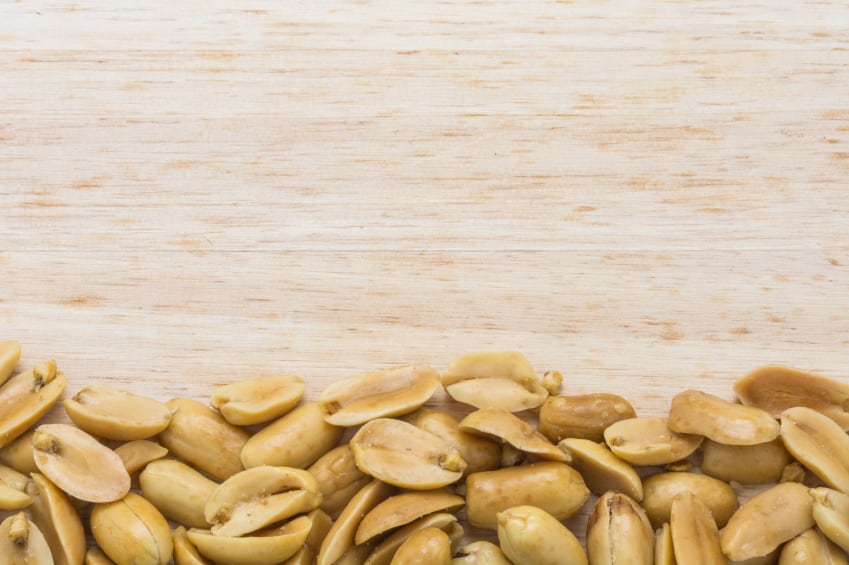The researchers believe these findings are a worthy addition to the body of scientific evidence that currently helps to inform public health policies and guidelines on infant feeding.
The World Health Organisation (WHO) currently recommends exclusive breast-feeding of infants for their first 6 months of life as a way of building up food tolerance. Studies of children who were breastfed showed that breastfeeding reduces food allergies at least through adolescence.
In the 2010, the UK's Infant Feeding Survey found that 45% of the mothers of infants 8 to 10 months of age reported avoiding giving their infant a particular food: 48% avoided nuts, 14% eggs, 10% dairy, and 6% fish. Fear of allergy was the most common reason for avoiding foods, followed by a belief that the baby was too young.
Study details

Approximately 1,300 infants were enrolled at the Evelina London Children’s Hospital, where they were then randomly separated into one group, which followed standard advice, which required exclusive breastfeeding for around six months.
Mothers in another group were instructed to introduce six allergenic foods to their infants from the age of three months. The foods were fish, cooked egg, milk, wheat, sesame and peanut.
Both groups were instructed to continue breastfeeding their children up to the age of two years or beyond. Breastfeeding rates were the same in both groups with more than 96% of infants still being breastfed at six months of age and over 50% in both groups at one year of age.
The results showed that food allergy to one or more of the six intervention foods developed in 7.1% of the participants in the standard-introduction group (42 of 595 participants) and in 5.6% of those in the early-introduction group (32 of 567).
In further analysis, the prevalence of any food allergy was significantly lower in the early-introduction group than in the standard-introduction group (2.4% vs. 7.3%), as was the prevalence of peanut allergy (0% vs. 2.5%) and egg allergy (1.4% vs. 5.5%).
The study found that the prevention of food allergy could be achieved with weekly consumption of approximately one and half teaspoons of peanut butter and one small boiled egg. Researchers noted that the early introduction of all six foods was not easily achieved but was safe.
“The results of the analysis of infants who managed to consume the recommended amount are most striking for peanut and add to the growing body of evidence from our other studies, that early introduction of peanut prevents the development of peanut allergy in both a high risk population of children with eczema and in a general population,” said Dr Gideon Lack, principal investigator of the study.
Peanut studies

Similar studies have been carried out previously with comparable results observed. The randomised, controlled Learning Early about Peanut Allergy (LEAP) trial showed that the early consumption of peanut in high-risk infants with severe eczema, egg allergy or both, reduced the development of peanut allergy by 80% by 5 years of age.
The Persistence of Oral Tolerance to Peanut (LEAP-On) study had shown that the absence of reactivity was maintained in these infants. However, the LEAP trial did not investigate the efficacy of introduction of other allergenic foods, nor did it examine whether this approach could prevent peanut allergy in children in the general population.
“This trial failed to show the efficacy of early introduction of allergenic foods as compared with standard introduction of those foods in an intention-to-treat analysis,” the authors noted.
“Further analysis suggests that the possibility of preventing food allergy by means of the early introduction of multiple allergenic foods in normal breast-fed infants may depend on adherence and dose.”
Source: The New England Journal of Medicine
Published online ahead of print, DOI: 10.1056/NEJMoa1514210
“Randomized Trial of Introduction of Allergenic Foods in Breast-Fed Infants.”
Authors: Michael Perkin et al.
